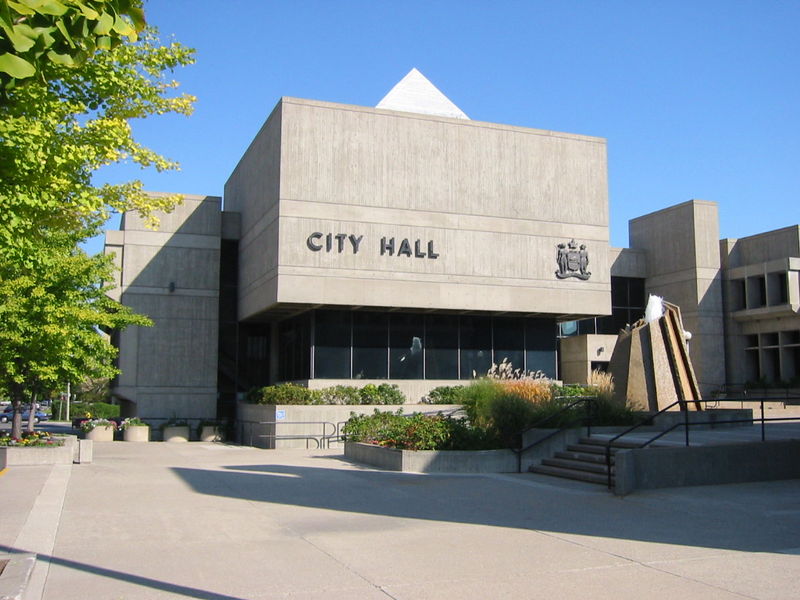MMP
On Oct. 10, we get a chance to vote in a referendum that could change the way MPP are elected. You will be ask to decide if you want a form of Mixed Member Proportional representation made up of both elected and appointed MPPs.
While our current system of first past the post often results in parties getting a larger number of seats then their share of the vote this new system will be no better and probably even worse. For starters instead of one person one vote you would now get two votes, one for a candidate and one for a party. This might be helpful for those who like one candidate but not their party but also gives others two chances to send representatives of different parties to power. Hardly seems fair.
Under this system instead of 107 elected MPPs we would have 90 elected MPPs and 29 unelected but appointed MPPs. Not only will this increase the cost of government but how will they be paid? Will an elected MPP with constituent work get the same pay as an unelected MPP with no constituents? And with bigger ridings will MPPs not want more money even though they just received a large pay raise?
And how does having MPPs chosen by the party leader from a list (most likely party hacks and those who would never be elected) become any more representative then the general population electing all members? These new unelected MPPs would only have loyalty to their leader and not have to listen to regular taxpayers and voters. If you love the federal Senate you will love this except that unlike Senators these people will actually have a hand in shaping government policy.
Another result of this form of election would be that most governments would mostly be minority governments. This usually results in a party with few representatives (mostly unelected under this system) being able to dictate term of support to the party that forms the government in return for their support. And this is supposed to be fairer how?
There may be a better way to elect governments but this isn't it. Luckily it requires to be passed by 60% of all votes cast and 50% of all ballots cast in 64 of the 107 ridings. Not 60 of 147 riding as stated in a recent Brantford Expositor editorial. (Does anyone ever proof read that paper?)
The logical choice is to vote NO to this referendum question.
While our current system of first past the post often results in parties getting a larger number of seats then their share of the vote this new system will be no better and probably even worse. For starters instead of one person one vote you would now get two votes, one for a candidate and one for a party. This might be helpful for those who like one candidate but not their party but also gives others two chances to send representatives of different parties to power. Hardly seems fair.
Under this system instead of 107 elected MPPs we would have 90 elected MPPs and 29 unelected but appointed MPPs. Not only will this increase the cost of government but how will they be paid? Will an elected MPP with constituent work get the same pay as an unelected MPP with no constituents? And with bigger ridings will MPPs not want more money even though they just received a large pay raise?
And how does having MPPs chosen by the party leader from a list (most likely party hacks and those who would never be elected) become any more representative then the general population electing all members? These new unelected MPPs would only have loyalty to their leader and not have to listen to regular taxpayers and voters. If you love the federal Senate you will love this except that unlike Senators these people will actually have a hand in shaping government policy.
Another result of this form of election would be that most governments would mostly be minority governments. This usually results in a party with few representatives (mostly unelected under this system) being able to dictate term of support to the party that forms the government in return for their support. And this is supposed to be fairer how?
There may be a better way to elect governments but this isn't it. Luckily it requires to be passed by 60% of all votes cast and 50% of all ballots cast in 64 of the 107 ridings. Not 60 of 147 riding as stated in a recent Brantford Expositor editorial. (Does anyone ever proof read that paper?)
The logical choice is to vote NO to this referendum question.


0 Comments:
Post a Comment
<< Home